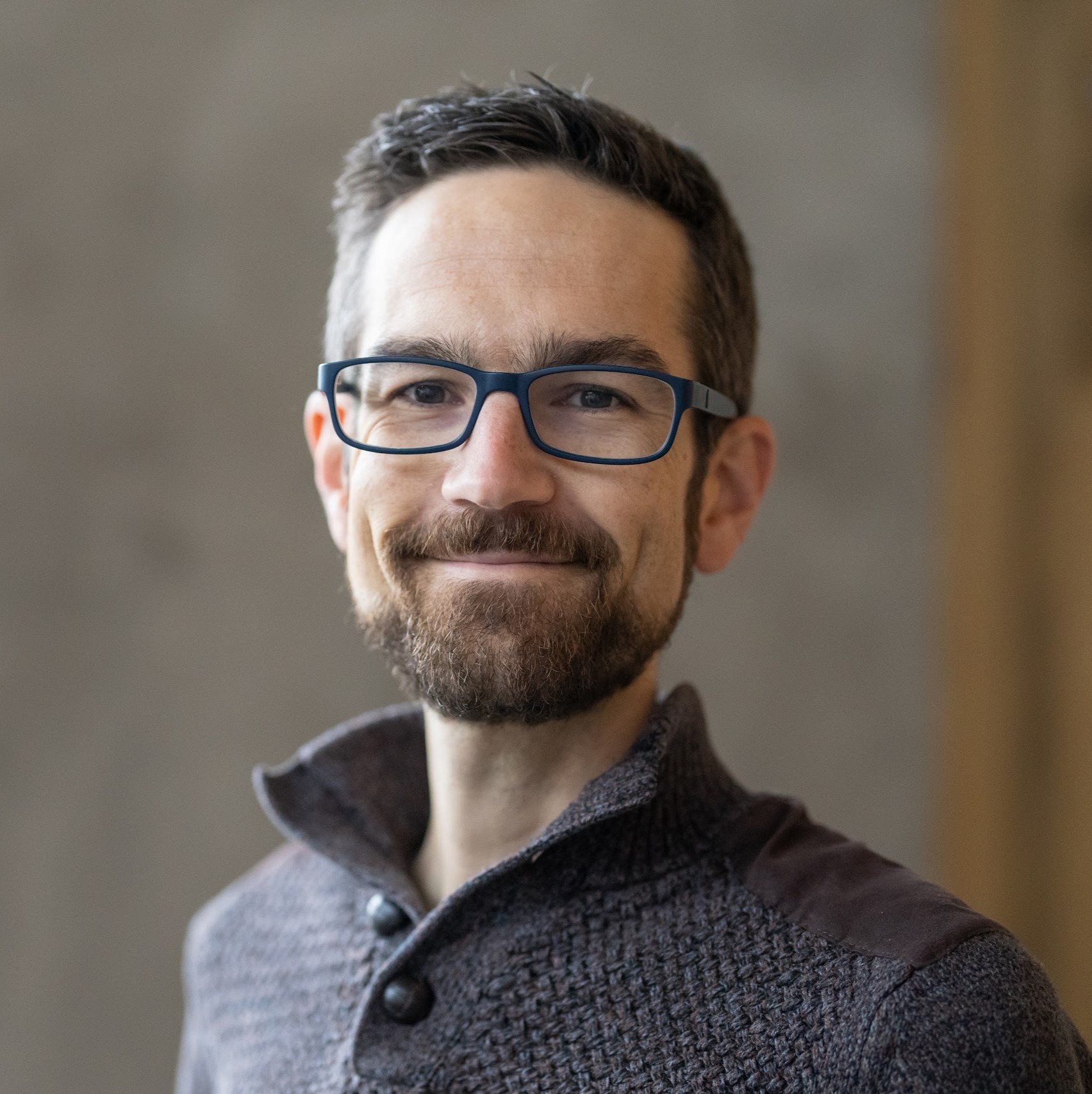Employing Generative AI to Augment the Creative Process in Food Product Development
Andrew Gravelle
Description
Although the rapid development of widely-available Generative AI (GenAI) tools present an array of new challenges for educators, these advances may also provide opportunities for engaging students in a variety of new ways. This talk will provide an overview of how students were exposed to GenAI tools in a senior-level capstone-style course, Food Product Development (FST 160). In this class, groups of 3-5 students are tasked with a quarter-long project of developing a tangible food product fitting a central theme which is presented at a product pitch and tasting event. In Spring 2024, students were expressly encouraged to use GenAI tools as part of this process. We assigned specific tasks related to brainstorming, product ideation, and collecting pseudo-consumer feedback using the freely-available GPT-3.5 platform. Students were also encouraged to use GenAI tools for any additional tasks in the course, but required explicit acknowledgement. A brief initial exposure activity demonstrated a need to provide students with additional guidance and resources to employ these tools effectively and equitably. An overview of our approach to introduce students to GenAI tools, prompt structuring to improve the quality of GenAI interactions and outputs will be provided. Instructional outcomes and opportunities to improve the effectiveness of these approaches will also be discussed.
Link to the video [video.ucdavis.edu]
Access the presentation slides (PDF)
About the Presenter
Andrew J. Gravelle is an Assistant Professor in the Department of Food Science and Technology. His research program focuses on characterizing the relationship between structural properties and functionality in foods using principles of physical chemistry and materials science. Prof. Gravelle currently teaches introductory food chemistry, food product development, and leads the “Graduate Skills Development” seminar series for first-year students in the Food Science Graduate Group. He takes an active role in integrating new approaches to improve the experience and outcomes for students in each of these courses.

